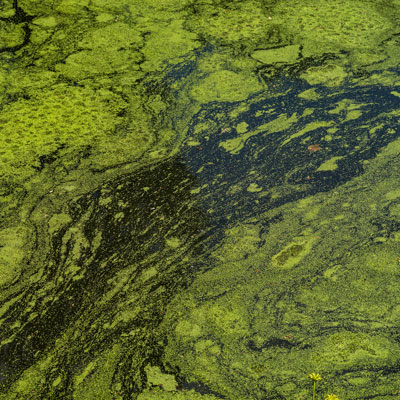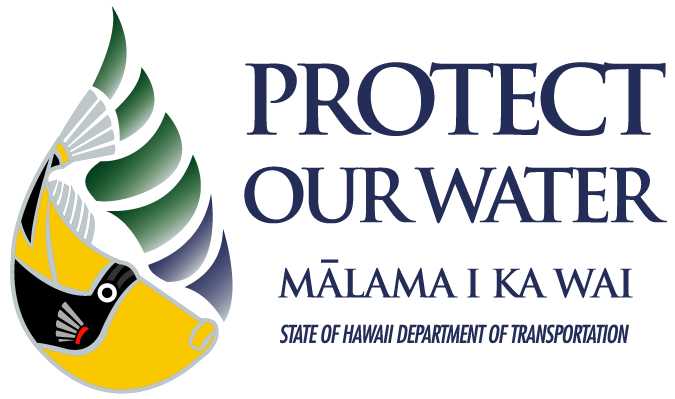We hear all the time about the different pollutants that can flow into the storm drain system, and then to our ocean waters. But what are the most common storm water pollutants, and how do they adversely affect the environment? Here’s a quick reminder of all the damage pollutants can do…
Basically storm water pollutants can be broken down into four categories:
Common Storm Water Pollutants
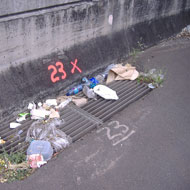
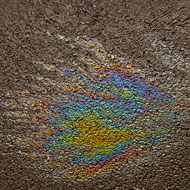
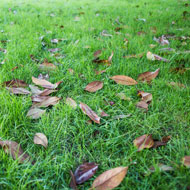
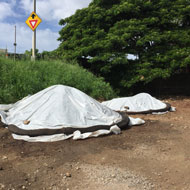
Each of these pollutants poses different threats, whether to the environment in general, or more specifically to animals, birds and fish. For instance, large amounts of sediment in the water can clog the gills of fish, and also settles on coral reefs, killing polyps that build the reefs. Sediment also clouds the water, degrading its quality by increasing water temperatures and reducing light penetration.
Chemical pollution from substances like fertilizers can cause algal blooms, which are large, sudden spikes in toxic algae that can cause serious problems for marine mammals, seabirds, turtles, and fish.It can also cause plankton to produce neurotoxins in increased amounts, which has a major effect on the food chain.
For instance, in 2004 there was a mass die-off of over 100 dolphins off the Florida Panhandle, which was linked to ingested fish that had been exposed to high levels of brevetoxin, a neurotoxin produced by a type of marine plankton.
Some might assume that green waste, such as grass clippings and leaves, are not as harmful to the aquatic environment since they are organic material. But green waste can wreak havoc on an ecosystem by consuming oxygen as it decomposes, thereby reducing the amount of oxygen available to plants and fish. Also, animal waste carries bacteria that can be harmful to humans, as well as aquatic creatures.
And of course, we know how litter affects the environment, with pieces of plastic both large and small covering vast stretches of ocean and washing up on our beaches. It is also deadly to marine animals and birds, which ingest bits of plastic, mistaking it for food.
So please help us spread the word about how critical our storm drain system is to our ocean environment. If we all do our part, we can prevent the kinds of ecological problems that are becoming much too common today!
